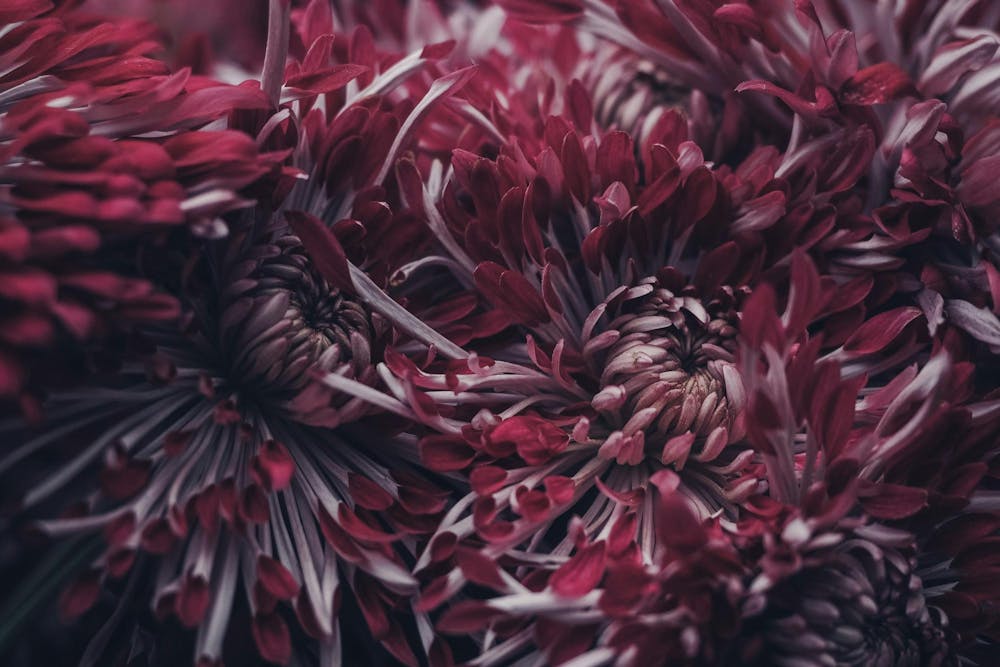Once, quite a while ago, within the introductory paragraphs of a mathematics textbook, the author found the need to justify herself to me — the uninformed reader. I found this necessity hotly disturbing.
Though theoretical as the mighty tome was, and while it hid in it complex numerical innards, its outward greeting was a meek one. The author, as her first priority, sought to prove that her life’s work was worth my time. She spoke of the importance of the abstract groundwork lurking behind engineering, of the sequential history of linked discoveries and breakthroughs, of the many comforts we may enjoy today thanks to our academic forefathers. She, again and again, reinforced the notion of the meaningfulness of the field solely as a means to an end. For mathematics is important because we attain results from it, she wrote to me.
Yet, what if we did not? What if the lemmas of logicians and exhaustive listings of topologists acted not as the seeds we venerate them for today? Does that make their questions, inquiries and passions — their very beings — worthless? Does the pursuit of knowledge and the development of theory function merely as the process towards product and commodification? Is their intrinsic worth but a concubine from which no worthy descendant will ever sprout?
The tome so continued: highlighting the life of Alan Turing — mathematician, philosopher, father of the theory of computation which enables you to digitally loiter on your cellular device — as one of spectacular value. The author was not alone in this. The very British government issued in 2013 a royal pardon for Turing’s crime of loving his fellow men — a crime whose punishment of dangerous, experimental chemical castration would lead to his suicide. In the ceremony, the Justice Minister made prominent Turing’s scientific contributions as reasoning for issuing the pardon. It was because he had been so useful, so important, so valuable, that he deserved this honor, he wrote to the world.
Would Turing be remembered so fondly, pardoned and lauded so, had his theories not granted such sweet fruit? Would his crime be any graver; his conviction any less deserving of a royal pardon? Would his life have been any less useful?
What an outrageously insulting principle we embrace.
Turing’s life was not “useful” — it was in all of its agonies and miseries quiet, thoughtful and beautiful. It was never meant to be anything else. The man ought not to be venerated for being the predecessor of any technology but for his willingness to explore the unknown, to learn and ponder the future worlds of automata, for being brave enough to think and think true — for being human.
I mean not to disregard the life of those who have eased the suffering of others, for the sacrifices they have committed in the pursuit of progress. Nevertheless, progress is not what made their lives possess worth.
Ignorant that we are, we believe achievement to lie in the leaves or trunk of a tree. We seek efforts to consistently reach for the heavens, and every limb a climb and step atop the others. Yet what if our thoughts and words are to remain amidst the underbrush, to build to naught but a flower?
Are flowers useful to you or I?
A chrysanthemum’s colorful petals, in all their wisdom, extend to greet the sun’s rays. Their fragrances dye the world, coalescing to create something irreplaceable. They dance and sway to the rhythm of the air and stand, so long as time permits, until they are someday to wilt.
So what if their existence amounted to nothing but that? So what if they dreamed not outwards, but inwards, being what they were always to be? Is that truly so bad?
Thus I write to you, will your tomb be useful? Will the promises drenched in adoration to your dear ones, the songs you hum to yourself, the unwritten words inked into the fabric of the sky when dawn arrives be?
Why do we need all these things? Why do we have them, to begin with? Would we be better off discarding them? Quite the opposite: we need them all and so much more most profoundly.
They are, ultimately, what separates us from soulless, natural processes. These minuscule, stupid, worthless, pointless things are what make us human. We may lose ourselves in the details — missing the forest for the trees — attempting to justify the meaning of our lives and pursuits in the tangible. Yet we are never to take them with us, not unlike the celeste stars burning above us or the alluring flowers decorating the ground beneath us. And thus, you ask yourself:
Why do we need chrysanthemums? The color blue? We just do.
We just do.
Carlos A. Basurto is a senior at Notre Dame studying philosophy, computer science and German. He's president of the video game club and will convince you to join, regardless of your degree of interest. When not busy, you can find him consuming yet another 3-hour-long video analysis of media he has not consumed while masochistically completing every achievement from a variety of video games. Now, with the power to channel his least insane ideas, feel free to talk about them further at cbasurto@nd.edu.










